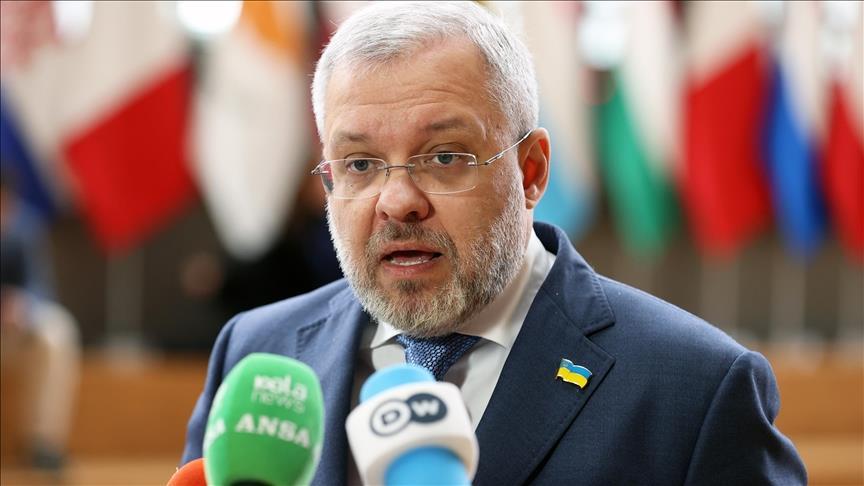Ukraine has said that diplomatic talks between Kyiv and Moscow on the Zaporizhzhia Nuclear Power Plant (NPP) have reached a “dead end,” as fighting around the plant under Russian control continues for more than 12 months.
'Currently, the situation has reached a dead end. Our position, which we voice on all international platforms, boils down to the fact that any negotiations regarding the (Zaporizhzhia) NPP should be based on: firstly, the plant's demilitarization, and secondly, the exit of Rosatom employees from the ZNPP,” Ukrainian Energy Minister German Galushchenko said on Ukraine’s national telethon United News on Sunday.
Galushchenko said another aspect of Kyiv’s position regarding the plant is that Ukrainian personnel should be given the opportunity to operate the nuclear facility calmly and without pressure, but that they have received a decree from Russia claiming the plant is “federal property.”
Galushchenko further said that the Ukrainian Energy Ministry has received reports from personnel of the International Atomic Energy Agency (IAEA) stationed at the plant which indicate that Russians behave “extremely unprofessionally at the station.”
'The IAEA mission confirms that the Russians are operating the plant in such a way that the condition of equipment and facilities at the (Zaporizhzhia) NPP is significantly deteriorating. There is a feeling that one of the goals of the invaders is to leave it to us in a non-working state after de-occupation,' Galushchenko said.
He also noted that Ukraine will rely on the development of nuclear generation and renewable energy sources in the future, saying that nuclear energy will provide up to half of the country’s energy needs while renewables will be used to generate the rest.
“Ukraine has a huge potential for the development of small modular reactors. The future of Ukraine is a major energy hub for Europe. For this, we have the capabilities, capacities and highly qualified specialists,' he added.
Zaporizhzhia, Europe’s largest and one of the world’s 10 biggest nuclear power plants, has been under Russian control since March 2022, soon after the start of the Ukraine war.
Fears of a nuclear catastrophe persist amid reports of shelling around the area.
By Burc Eruygur
Anadolu Agency
energy@aa.com.tr


